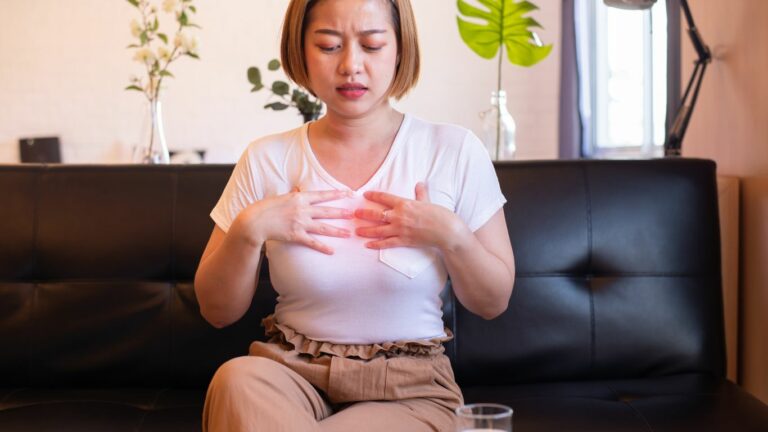Rheumatoid Arthritis & Intimacy: Overcoming Pain & Rebuilding Passion
Rheumatoid arthritis and its effect on sexual health isn’t exactly the first thing that comes up in doctor’s visits. But trust me, as a Rheumatology Nurse Practitioner, I’ve had plenty of patients quietly pull me aside to ask, “Is it normal for my sex life to take a hit because of my RA?” The short answer? Yes. And you’re absolutely not alone. RA doesn’t just attack your joints; it can sneak into the most intimate areas of your life, affecting desire, comfort, and confidence in ways that aren’t always easy to talk about. So, let’s talk about it—openly, honestly, and with zero judgment.
Why Does RA Affect Sexual Health?
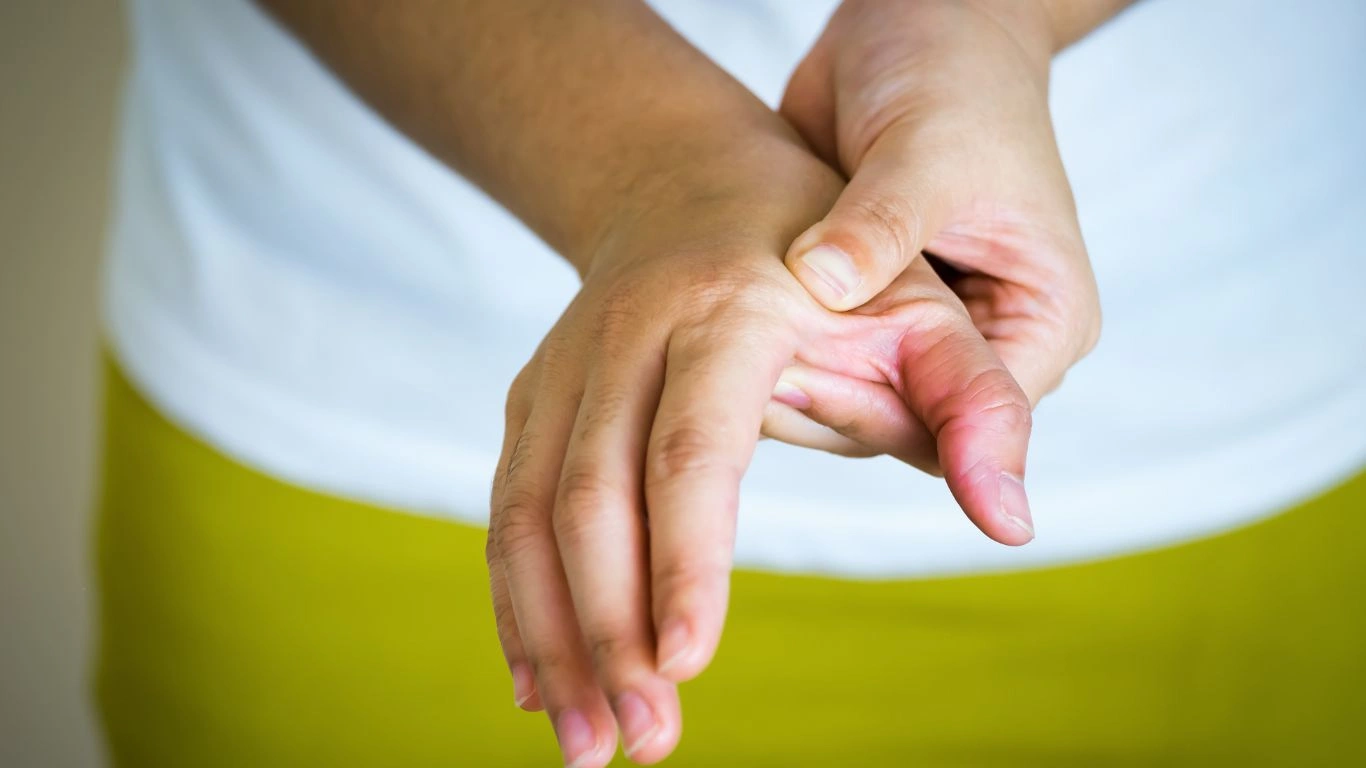
Sexual health is about so much more than just physical function. It’s a mix of emotional connection, self-confidence, and, yes, pain-free movement. Rheumatoid arthritis brings a unique set of challenges that can impact all of these areas:
- Pain & Stiffness: Morning stiffness and joint pain don’t just make it hard to open a jar—they can make certain positions downright impossible.
- Fatigue: RA-related fatigue isn’t just about feeling “a little tired.” It’s bone-deep exhaustion that can drain any desire for intimacy.
- Medications: Some RA medications, like corticosteroids and methotrexate, can affect libido and even contribute to vaginal dryness or erectile dysfunction.
- Self-Image & Emotional Well-Being: RA can change how you see yourself. Swollen joints, weight fluctuations, and chronic pain can chip away at confidence, making intimacy feel daunting.
Many of my patients tell me that they want to feel close to their partners, but the fear of pain or embarrassment makes them pull away. And honestly? That’s completely understandable. But the good news is, there are ways to navigate this.
Understanding the Emotional Toll of RA on Intimacy
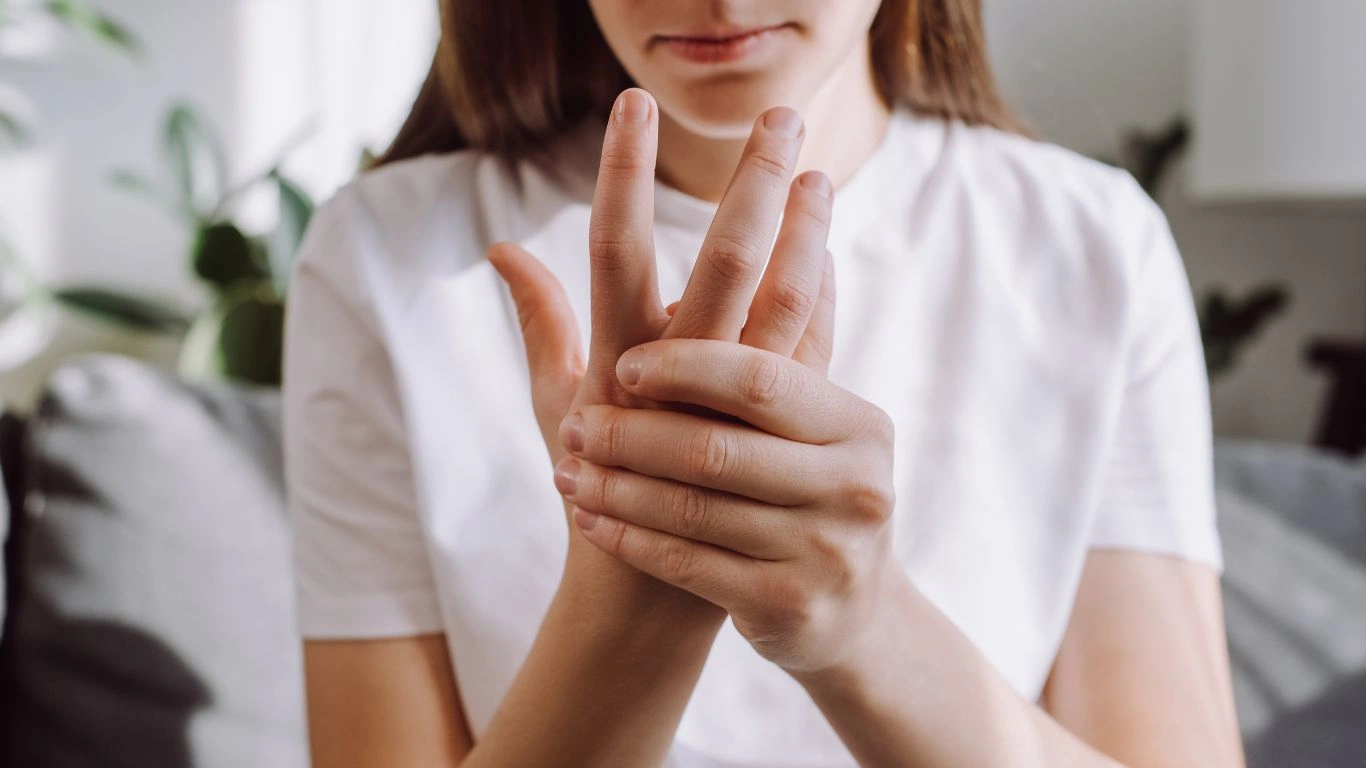
RA doesn’t just live in your joints—it affects your mind, your emotions, and your relationships. Many patients struggle with feelings of frustration, guilt, or even grief over the changes in their body and intimacy. Here are some key emotional factors that come into play:
- Anxiety & Depression: Studies show that people with RA have higher rates of anxiety and depression, both of which can lower libido and sexual satisfaction.
- Communication Barriers: It’s hard to talk about pain, especially when you don’t want to burden your partner. But keeping things bottled up can create distance.
- Fear of Rejection: Many people with RA worry that their partner will lose interest because of the physical limitations RA brings. This fear alone can cause avoidance behaviors.
One thing I always tell my patients: Your worth is not defined by your disease. The key is learning how to work with your body, not against it, to keep intimacy alive in a way that feels right for you.
Ways to Reignite Intimacy with RA

So, how do you reclaim intimacy when RA seems determined to get in the way? Here are some practical, real-world strategies that have helped my patients (and might just work for you too):
- Timing Matters: Plan intimate moments when your RA symptoms are at their lowest. This is often later in the day when morning stiffness has eased.
- Comfort is Key: Use pillows for support, find comfortable positions, and don’t be afraid to get creative.
- Hydration & Lubrication: Vaginal dryness is common in RA due to inflammation and medications. Water-based lubricants can be a game-changer.
- Talk Openly: If something hurts, say so. If you’re feeling insecure, share it. A supportive partner wants to know how to help.
At the end of the day, intimacy is about connection, not just physical ability. With a few adjustments, a bit of patience, and a lot of communication, it’s absolutely possible to maintain a fulfilling intimate life—even with RA.
Adapting to Change: Keeping Intimacy Alive Despite RA
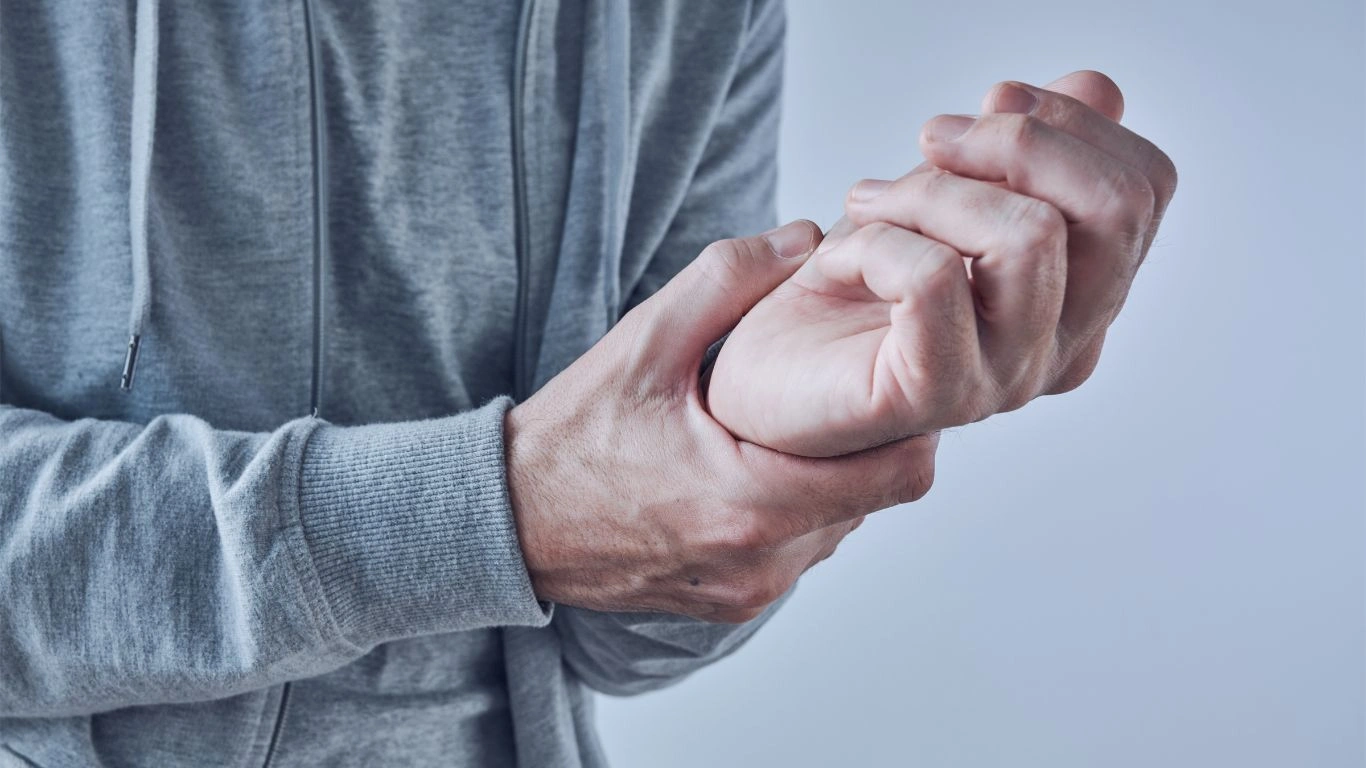
One thing I always tell my patients: RA changes things, but it doesn’t mean your love life is over. It just means we need to get creative. The way you connect with your partner might look a little different now, but that doesn’t make it any less meaningful. So, how do you adjust and keep that spark alive?
Redefining Intimacy Beyond the Physical
Let’s be real—some days, even the thought of physical intimacy can feel exhausting or painful. That’s completely valid. But intimacy isn’t just about sex; it’s about connection. And that connection can take many forms:
- Touch Without Pressure: A gentle back rub, holding hands, or even a forehead kiss can go a long way in maintaining closeness.
- Verbal Intimacy: Expressing love and appreciation verbally can deepen emotional bonds, even when physical connection is limited.
- Shared Activities: Watching a favorite movie, cooking a meal together, or reminiscing about good times can bring couples closer.
One patient told me that she and her husband started writing little notes to each other—sweet, silly, even flirtatious. It reminded them that intimacy is about feeling seen and valued, not just what happens in the bedroom.
Managing RA Symptoms to Improve Sexual Health
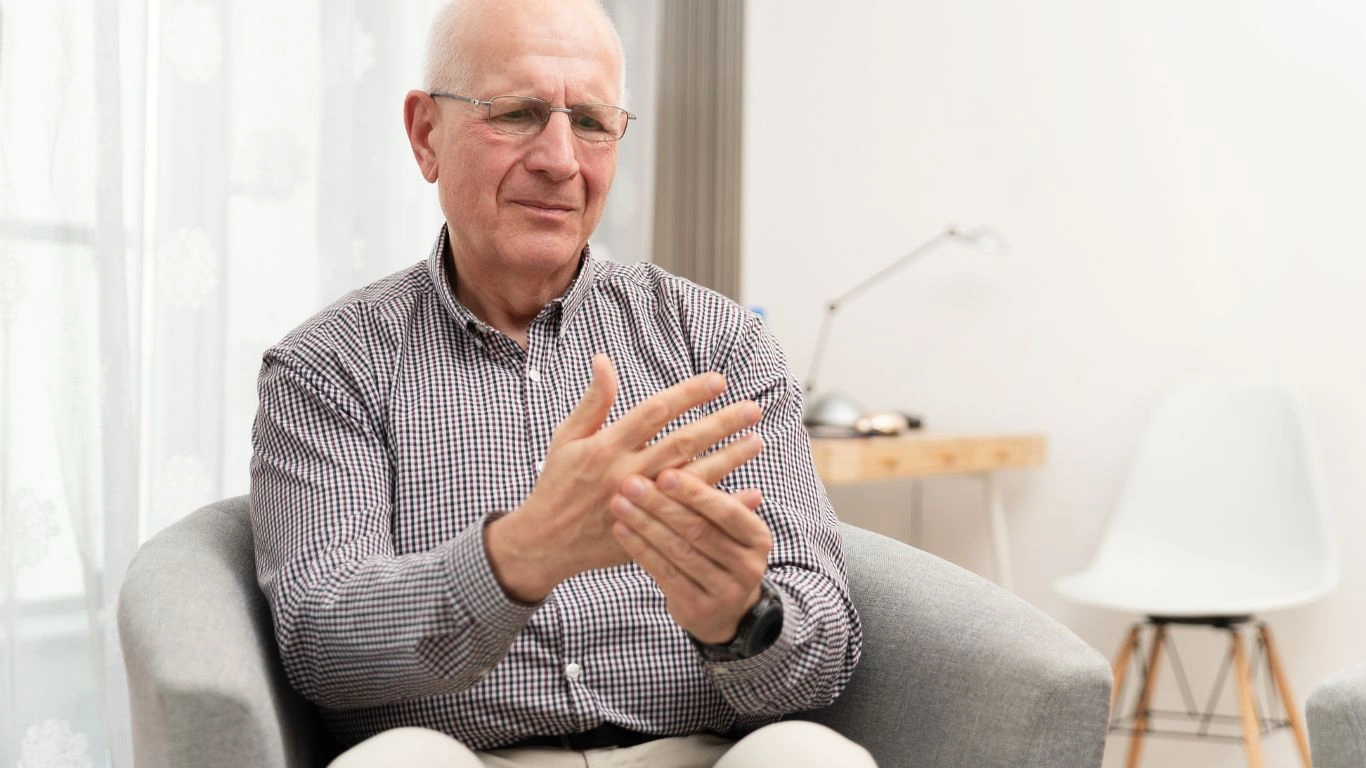
If pain, fatigue, or stiffness is getting in the way of intimacy, it’s time to take a closer look at how you’re managing your RA. Here are some practical ways to reduce symptoms and feel more in control:
1. Prioritize Joint Care
Keeping inflammation in check can make a world of difference. A few strategies to help:
- Pre-Medicate if Needed: Some patients find that taking an anti-inflammatory before intimacy reduces pain.
- Use Heat Therapy: A warm shower or heating pad can help relax stiff joints before intimacy.
- Gentle Stretching: A few light stretches beforehand can improve flexibility and comfort.
2. Address Fatigue
RA-related fatigue is no joke. Finding ways to conserve energy throughout the day can help keep you from feeling completely drained by evening.
- Pace Yourself: Break tasks into manageable chunks to avoid overexertion.
- Prioritize Rest: If you know you want to be intimate later, schedule in some downtime beforehand.
- Consider Timing: Some people feel best in the afternoon or early evening, while others have more energy in the morning.
3. Seek Professional Help When Needed
Sometimes, a little outside support can make a big difference. If RA is significantly affecting your sexual health, consider talking to:
- A rheumatologist about medication adjustments or pain management.
- A pelvic health physical therapist if pain is affecting intimacy.
- A therapist or counselor if emotional barriers are getting in the way.
One patient I worked with was hesitant about bringing up her struggles with her doctor. But once she did, she realized there were treatment options she hadn’t even considered. A simple medication change helped her manage pain better, and she felt like herself again.
Supporting Your Partner: A Two-Way Street

Let’s not forget that intimacy is a shared experience. RA doesn’t just impact the person diagnosed—it affects their partner too. Open communication and mutual understanding can make all the difference.
How Partners Can Offer Support
- Be Patient: Some days will be harder than others, and that’s okay.
- Offer Reassurance: Remind your partner that you love them for who they are, not just what they can physically do.
- Get Educated: Learning about RA and its effects can help a partner understand what their loved one is going through.
One of my male patients confided that he worried his wife no longer found him attractive because she often turned down intimacy. But after an honest conversation, he realized she was just in pain and afraid of hurting. They worked together to find solutions, and their relationship grew stronger.
Overcoming Mental Barriers: Building Confidence in Intimacy
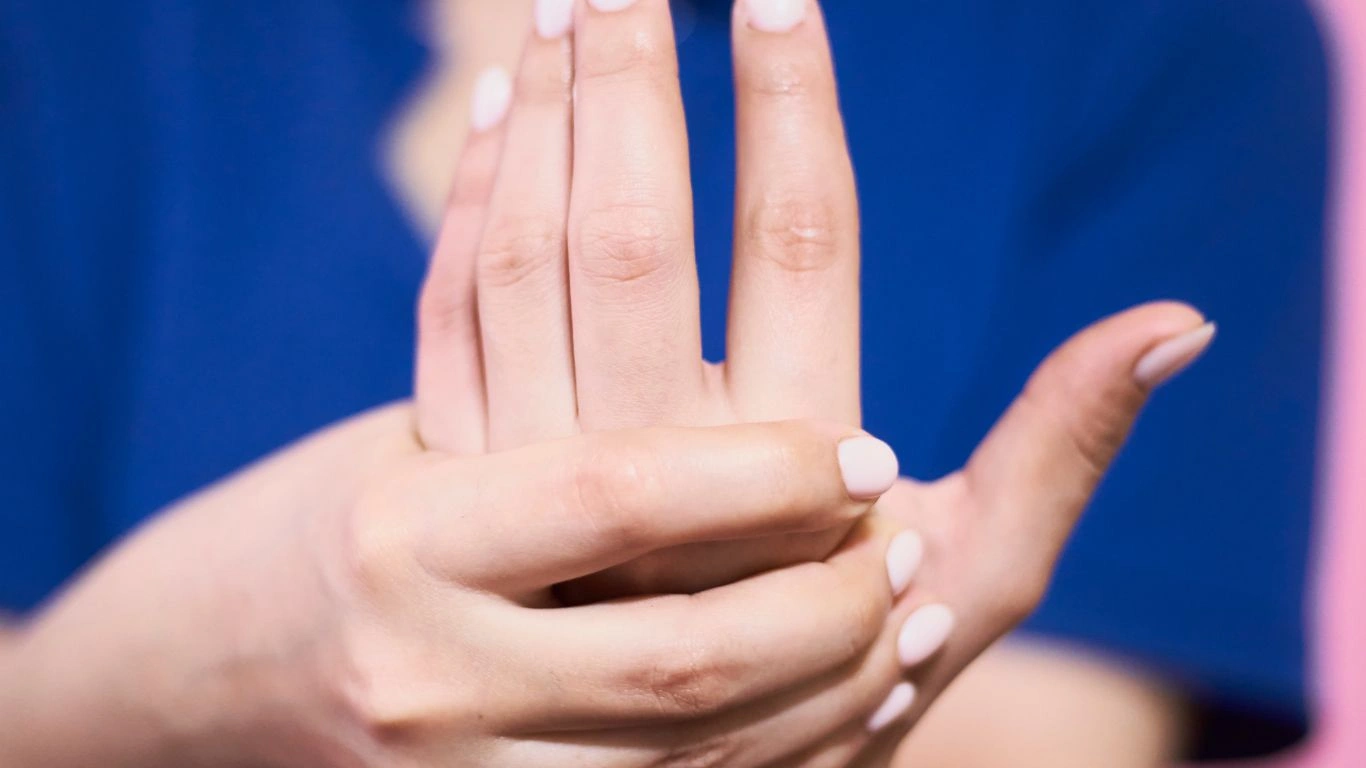
One thing I’ve seen time and time again with my RA patients is that the physical struggles are only half the battle—mental and emotional barriers often play an even bigger role. It’s not just about pain or fatigue; it’s about how you feel about yourself and your body. And let’s be real—RA can do a number on self-esteem.
1. Shifting Your Perspective on Self-Worth
It’s easy to fall into the trap of thinking, “My body isn’t the same, so I’m not attractive anymore.” But that’s simply not true. Confidence isn’t about having a “perfect” body (whatever that even means). It’s about embracing yourself as you are.
- Focus on What You Love About Yourself: Maybe it’s your smile, your sense of humor, or the way you make your partner laugh.
- Dress in a Way That Makes You Feel Good: Wearing something that makes you feel confident—even if it’s just comfy pajamas—can boost self-esteem.
- Communicate Openly: If you’re feeling insecure, let your partner in on those thoughts. They may be seeing a side of you that you don’t recognize.
One patient of mine told me she avoided intimacy for months because she didn’t feel sexy anymore. But when she finally talked to her husband, he was shocked—he hadn’t noticed any changes in her attractiveness. It was all in her head.
2. Letting Go of Performance Pressure
Here’s a little secret: intimacy isn’t about checking off a list of expectations. It’s about connection, fun, and shared moments. If you’re feeling pressure to “perform,” try shifting the focus.
- Slow Down: There’s no rush. Take your time to enjoy each other’s company without expectations.
- Experiment with Non-Physical Intimacy: Cuddling, talking, and simply spending time together can deepen bonds just as much as physical intimacy.
- Celebrate the Small Wins: Maybe one night you don’t have energy for more than a kiss and a hug. That’s okay. Intimacy is about quality, not quantity.
One couple I worked with started having “connection nights” where they focused on just being close, without any pressure for more. Over time, this actually improved their physical intimacy because it removed stress and built a stronger emotional bond.
Exploring Adaptive Intimacy: Finding What Works for You
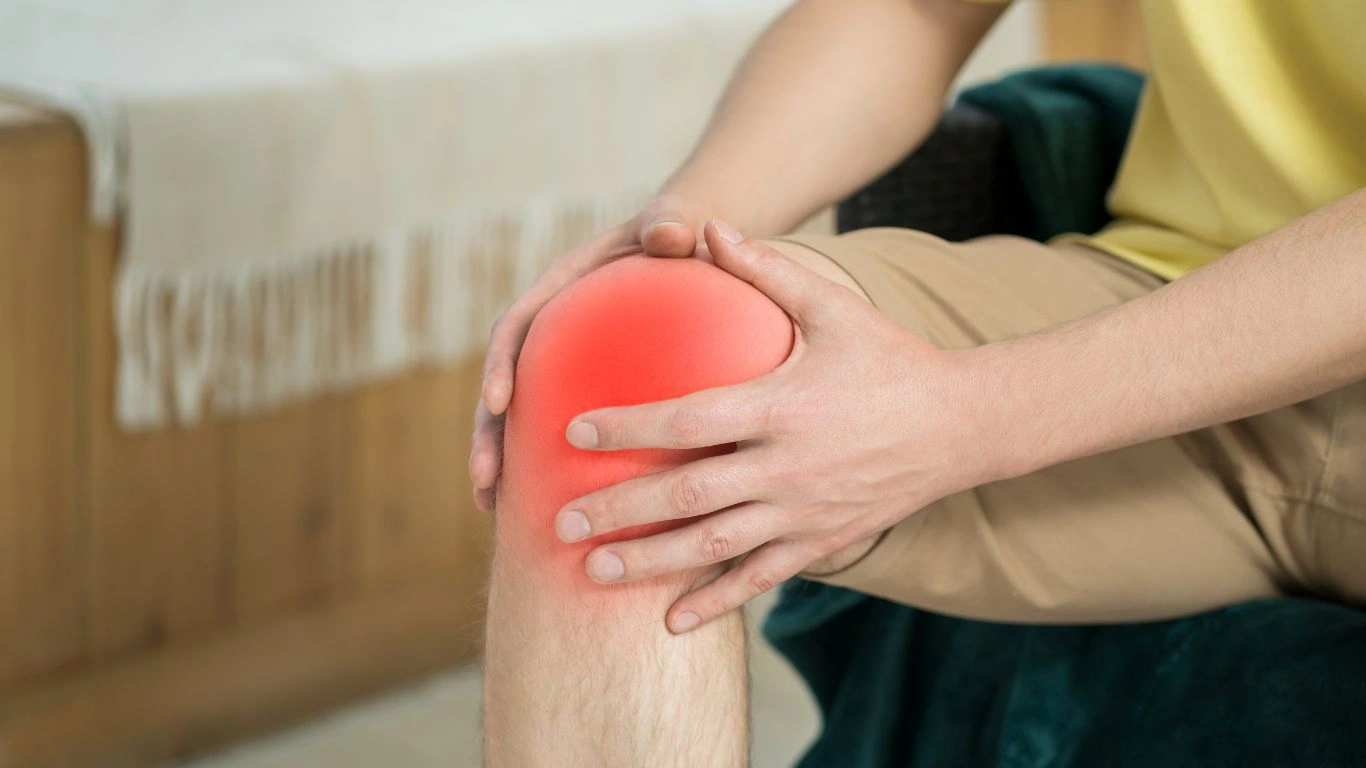
Every RA journey is different, and what works for one couple might not work for another. The key is to experiment and find what’s comfortable and enjoyable for both of you.
1. Try Different Positions
Joint pain and stiffness can make certain positions uncomfortable, but there are plenty of ways to adjust. Pillows, furniture support, and even warm-up exercises can help. Some couples find that side-lying positions reduce joint strain, while others prefer seated or supported positions.
2. Use Assistive Devices
Just like ergonomic tools help with daily activities, there are adaptive devices for intimacy too. Things like supportive cushions or lubricants can make a big difference. It might feel a little awkward at first, but if it helps you feel better, it’s worth trying.
3. Schedule Intimacy Strategically
RA symptoms fluctuate, so pick moments when you feel your best. Maybe mornings are out because of stiffness, but afternoons or evenings work better. Planning intimacy around your energy levels can make all the difference.
Final Thoughts: Intimacy with RA is Still Possible
At the end of the day, intimacy with RA is completely possible—it just takes some adjustments, patience, and open communication. Your body may change, but your ability to love, connect, and experience pleasure doesn’t disappear.
Don’t be afraid to talk to your partner, experiment with what feels good, and seek medical advice when needed. Rheumatoid arthritis is just one part of your life—it doesn’t define your relationships or your ability to experience closeness.
Additional Resources & References
For further reading and expert advice, check out these trusted resources:
- Arthritis Foundation – Comprehensive guides on RA and lifestyle management.
- American College of Rheumatology – Medical insights and latest research on RA.
- Mayo Clinic – Reliable health information on RA and its impact on life.
Disclaimer
Note: This article is for informational purposes only and should not be considered medical advice. Always consult with a qualified healthcare provider before making any changes to your treatment plan.

Tarra Nugroho is a dedicated Nurse Practitioner with a strong foundation in family and preventive care. She brings both compassion and clinical expertise to her practice, focusing on patient-centered care and health education. As a contributor to Healthusias.com, Tarra translates medical knowledge into clear, empowering articles on topics like women’s health, chronic disease management, and lifestyle medicine. Her mission is simple: help people feel seen, heard, and informed—both in the clinic and through the content she creates. When she’s not caring for patients, Tarra enjoys weekend hikes, plant-based cooking, and curling up with a good health podcast.






